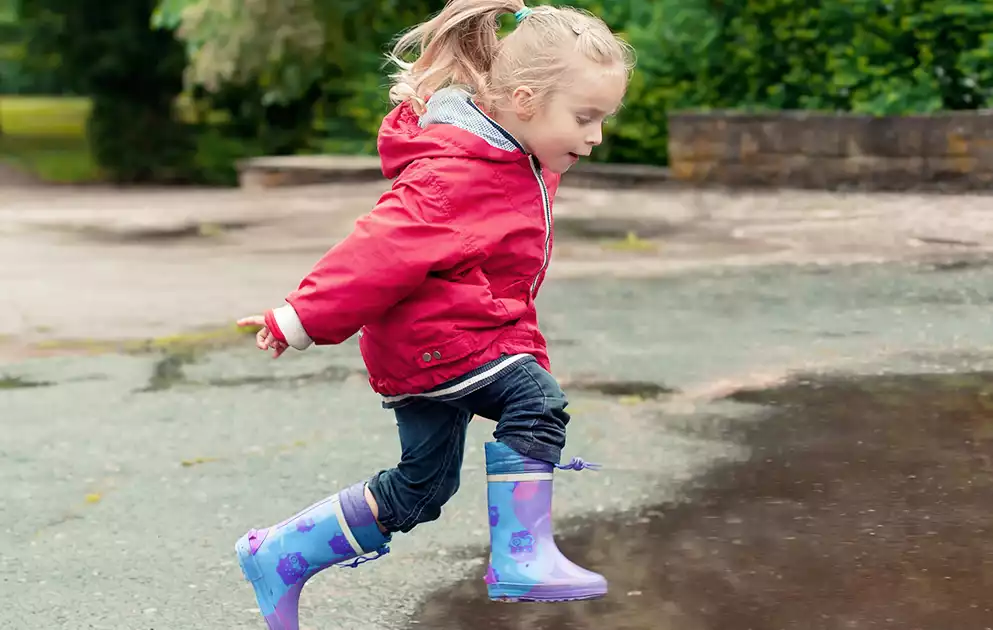Activities for Children: Top Ways to Improve Kid Health and Wellness
2 minute read
Kids love recess—seriously, why wouldn’t they? In fact, more research into activities for children that aim to improve kid health and wellness shows kids need recess to build social skills, exercise, and develop. Since recess “serves as a necessary break from the rigors of concentrated, academic challenges in the classroom,” as noted by the American Academy of Pediatrics, frequenting playgrounds for kids and engaging in other physical activities for children are essential for kid health and growth!
Here are some essential reasons why parents and teachers should encourage activities for children, like recess.
How Outdoor Play Improves Kid Health, Well-Being, and Growth
The Social Benefits
Activities for children are key for improving social skills. Not only do places, like playgrounds for kids, foster socialization that’s free from structure, it offers kids a chance to try out new modes of communication while leaving addicting electronic distractions at home.
The Emotional Benefits
Improving kid health and wellness means reducing stress—and that’s exactly what recess and other activities for children are for! They expose children to the positive benefits on sunlight, provide brain-breaks from class workloads, and allows children to explore the world around them.
The Intellectual Benefits
It’s important to keep in mind that these activities for children are not just about keeping up with physical kid health! In fact, physical exercise increases mental focus and promotes processing. Playgrounds for kids are for brain health, too.
The Physical Benefits
We know activities for children burn calories, stretch muscles, expose kids to sports, and more, but here’s one key benefit of outdoor play: Fresh air. It might come as a surprise to learn that often, the air outside is up to five times cleaner than the air inside! The same is true with school—today’s educational spaces are not equipped with the Indoor Air Quality solutions needed to protect kid health, improve cognitive function, and the like. That’s why an outdoor breath of fresh air is key.
But what about when those activities for children must take place indoors? You can protect them by providing the same benefits of fresh air with AprilAire Healthy Air solutions! By installing the AprilAire Healthy Air System® with help from a trusted AprilAire Healthy Air Professional, you can improve your Indoor Air Quality as our solutions ventilate, humidify, dehumidify, purify, and so much more, giving you the peace of mind that your home is always promoting kid health and wellness.

